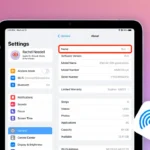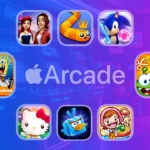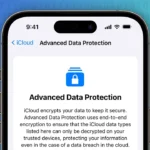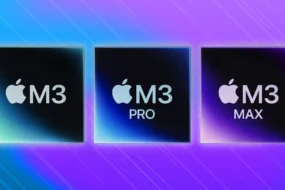Web3 is seen as the internet’s future by supporters. Cryptocurrency projects continue to draw venture capitalists, who have invested billions of dollars in the industry over the last several years. Several people,including web developers, content managers, legal analysts, and others, have begun to consider employment in this industry. While Web3 is still in its infancy, knowing how it operates will help you decide whether it’s an area you want to investigate.
What Is Web3 Development?
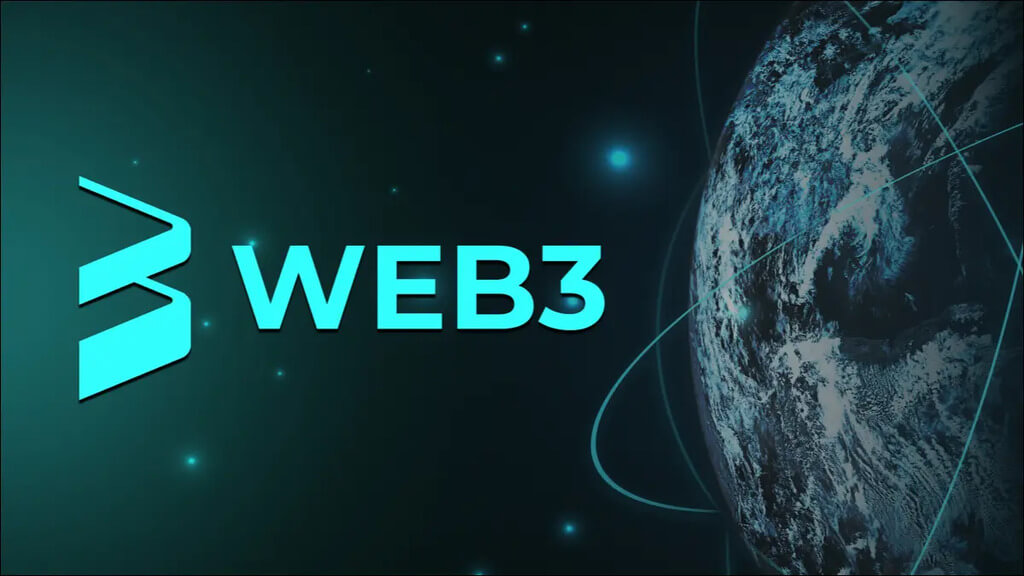
As a result of several concurrent technological breakthroughs, the world has changed. For instance, early computers were only intended to be used as calculators, but the commercialization of the internet gave birth to Web3 technologies like blockchain, which are now popular. Building decentralized apps (DApps), which operate on blockchains, is referred to as a Web3 development company.
Moreover, several decentralized finance (DeFi) protocols use cryptocurrency. Having stated that, crypto tokens are awarded to network users who want to take part in creating, managing, advancing, or improving DeFi initiatives.
On the other hand, Web3 developers have a strong background in mathematics, computer science, and blockchain development and are skilled at using these fields of study to create safe digital assets. They are also adept at developing smart contracts for a variety of industries, including banking, healthcare, and real estate.
So How Can One Begin Developing Web3?

The blockchain sector needs skilled developers who are informed about the technology and have exemplary problem-solving, creative, and communication abilities. The Solidity programming language, used to create smart contracts on the Ethereum blockchain, is another need for computer engineers. So what more programming languages does Web3 employ? Blockchain developers should be familiar with JavaScript or C++ for designing smart contracts.
Benefits of Web3
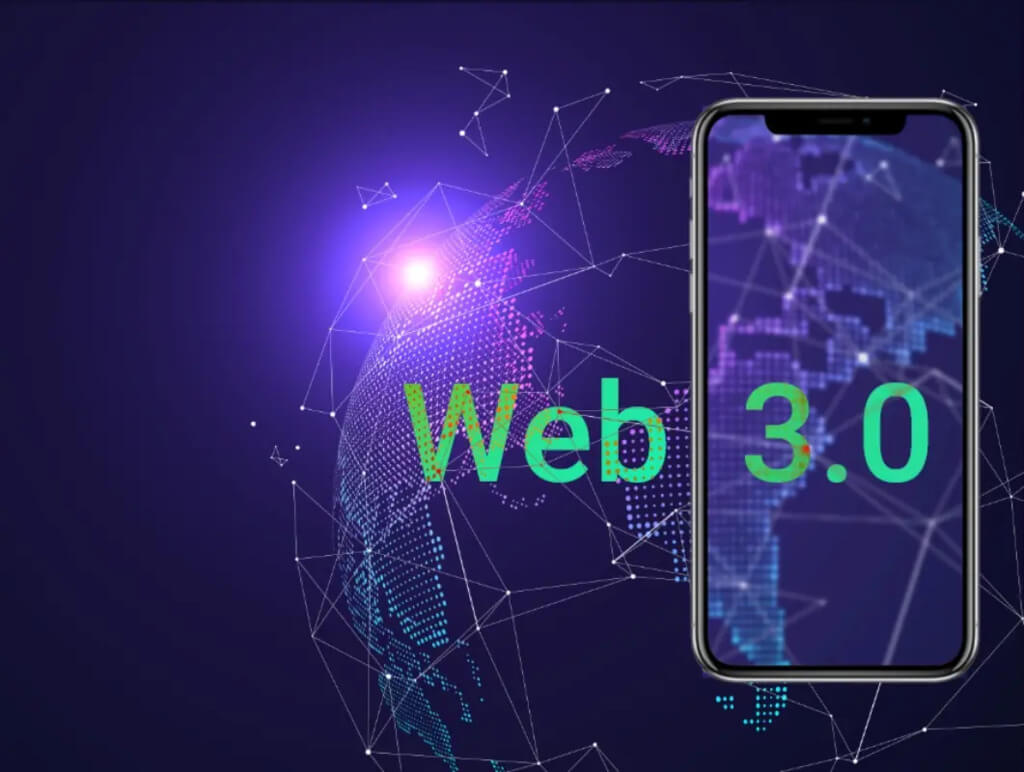
Web3 enables decentralized data storage and more control over personal data. Several of these benefits result from the internet’s decentralized nature, which transfers ownership from major tech corporations to its users.
For instance, to view, distribute, or engage with the material in Web 2.0, users must sign in to a platform. Who may sign up and how they communicate with others are ultimately decisions made by the platform. It has the power to ban users or restrict their activities on the network. The community may then self-govern the material and the individuals who share it when Web3 delivers it to them. Other advantages of a decentralized internet include:
Interaction
Compared to Web 2.0 and 1.0 websites and platforms, users of Web3 should have more options to connect with information and other users and feel more engaged.
Ownership
Users of Web3 are not only content consumers. Instead of being required to exchange their data for accessing platforms, they are the community’s proprietors and get rewards for participation.
Permissions
All network users have the authority to utilize the service and access the network’s data.
Privacy
On Web3, your digital wallet is linked to your identity. While everything you do online is visible to everyone, you may remain anonymous.
Speed
Smart contracts, artificial intelligence, and machine learning deliver more relevant data to end users faster.
How Is Blockchain Related to Web3?
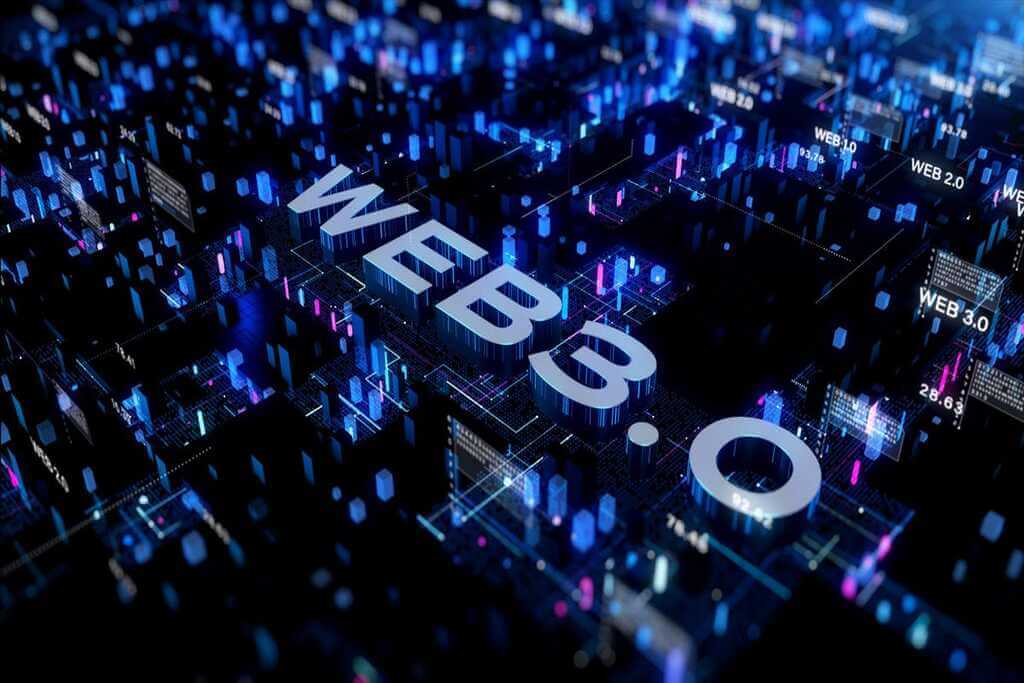
Data structures in the web’s backend are altering, given that we live in a globally linked world, with the blockchain acting as the foundation of Web3. The system adds a governance layer on top of the current Internet so that two persons who have never met may electronically come to an agreement and resolve it. A network of computers maintains the blockchain, a digital log of transactions. Chains connect the blocks in blockchains. To allow the outcome of any given hash to be confirmed independently of any other chain, each block carries a hash of the preceding block’s hash.
This makes it possible to record transactions without needing a central authority or particular place. Every transaction on the blockchain is recorded and made available to everyone on the network, making it function like a massive ledger book. As a result, it is very difficult to hack since, for an attack to succeed, hackers would need access to every single machine.
Conclusion
The future of web development is web 3 development and blockchain technology is connected with it. It is an enhanced version of the present web where communication is safer, and everything is linked. We can create more potent, quick, secure, and user-friendly websites and apps using Web 3 development.
Keep Reading:

